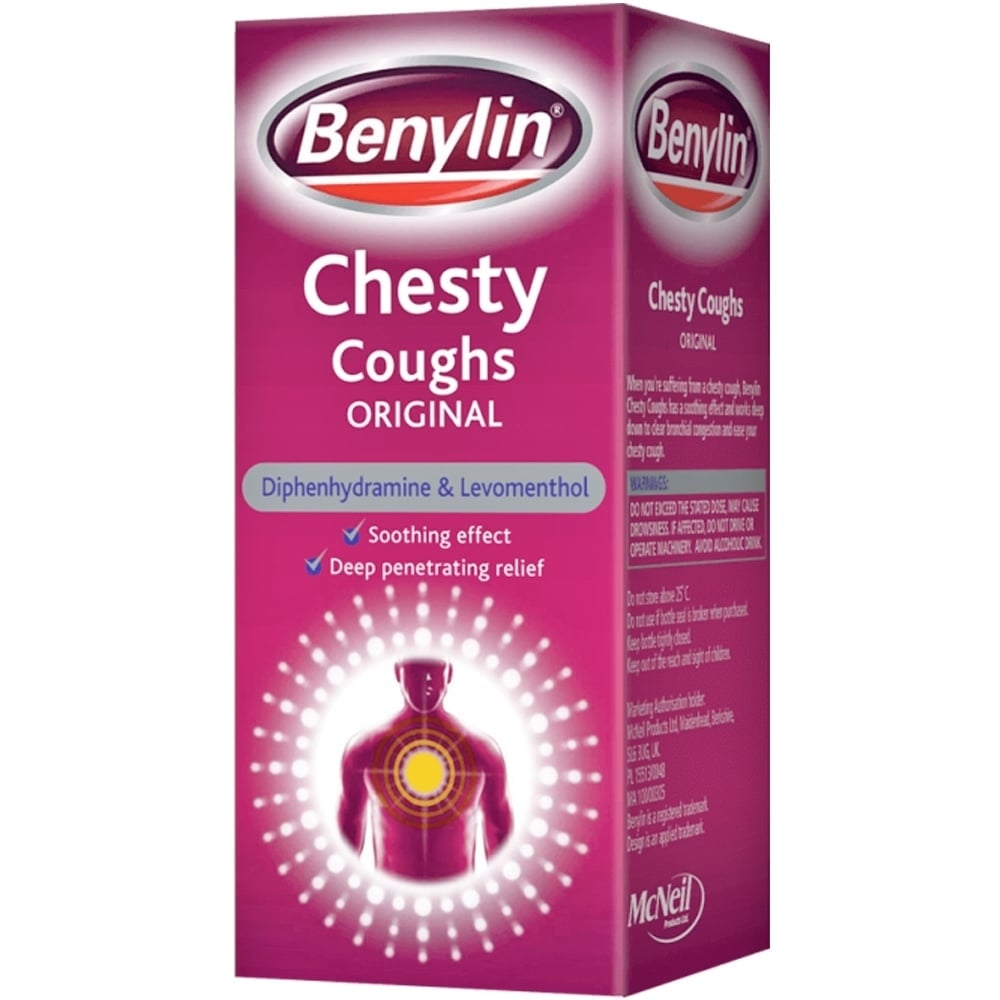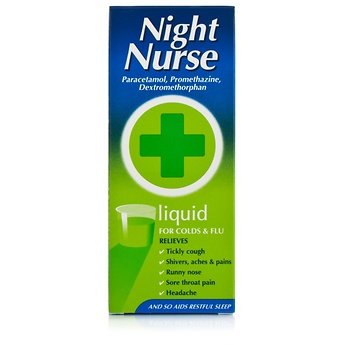In today’s fast-paced world, maintaining high energy levels throughout the day can be a challenge. Whether it’s the demands of work, family, or personal goals, feeling fatigued and low on energy is a common experience. Fortunately, there are various natural ways to boost your energy levels and combat fatigue without solely relying on caffeine or sugary snacks.
Incorporating these top 10 energy boosters into your routine can revitalize your body and mind, promoting sustained energy throughout the day.
1. Quality Sleep
One of the fundamental pillars of high energy levels is a good night’s sleep. Aim for 7-9 hours of quality sleep each night to allow your body to recharge and repair. Establish a consistent sleep schedule, create a relaxing bedtime routine, and optimize your sleep environment for better rest.
2. Regular Exercise
Engaging in regular physical activity is an excellent way to boost energy levels. Exercise increases blood flow, delivers oxygen and nutrients to your tissues, and promotes the release of endorphins, enhancing overall energy and mood. Aim for at least 150 minutes of moderate-intensity exercise per week.
3. Balanced Diet
Consuming a well-balanced diet rich in whole foods, lean proteins, healthy fats, fruits, and vegetables provides your body with essential nutrients for sustained energy. Foods like nuts, seeds, whole grains, and leafy greens are excellent choices to keep your energy levels stable throughout the day.
4. Stay Hydrated
Dehydration can lead to feelings of fatigue. Ensure you drink enough water throughout the day to stay hydrated. Herbal teas and infused water are also great options to add variety to your hydration routine.
5. Stress Management
Chronic stress can drain your energy levels. Practice stress-relieving techniques such as meditation, deep breathing exercises, yoga, or spending time in nature to reduce stress and promote relaxation.
6. Adaptogenic Herbs
Adaptogens are natural substances that help the body adapt to stress and normalize bodily functions. Herbs like ashwagandha, rhodiola, and ginseng are known to support energy levels and improve resilience to stress. Consider incorporating these herbs into your routine under the guidance of a healthcare professional.
7. B Vitamins energy boosters
B vitamins play a crucial role in energy production by converting food into energy. Foods rich in B vitamins include whole grains, legumes, nuts, seeds, and leafy greens. Supplements containing B-complex vitamins may be beneficial for individuals with deficiencies or increased energy needs.
8. Iron-Rich Foods/Supplements
Iron is essential for the production of hemoglobin, which transports oxygen throughout the body. Low iron levels can lead to fatigue and reduced energy. Incorporate iron-rich foods like lean meats, beans, lentils, and fortified cereals. In some cases, iron supplements may be recommended, especially for individuals with diagnosed iron deficiency anemia.
9. Caffeine Alternatives
While caffeine provides a quick energy boost, its effects are temporary and can lead to energy crashes. Consider alternatives like green tea, matcha, or yerba mate, which contain caffeine along with other beneficial compounds that provide a more sustained energy lift.
10. Omega-3 Fatty Acids
Essential fatty acids, particularly omega-3s found in fatty fish, flaxseeds, chia seeds, and walnuts, support brain health and can help combat fatigue. Omega-3 supplements may be considered for those who don’t regularly consume these foods.
It’s essential to note that individual responses to supplements and lifestyle changes vary. Before starting any new supplement regimen, it’s advisable to consult a healthcare professional, especially if you have underlying health conditions or are taking medications.
In conclusion, maintaining optimal energy levels involves a holistic approach that encompasses various lifestyle factors, including sleep, exercise, nutrition, stress management, and targeted supplementation if necessary. By incorporating these top 10 energy boosters into your daily routine, you can effectively enhance your energy levels and vitality, allowing you to tackle your day with vigor and enthusiasm.
________
Disclaimer: Health articles on medical conditions are for information only and do not form a basis for diagnosis. We recommend that if you have any concerns, speak to your doctor or pharmacist for further help and guidance.








